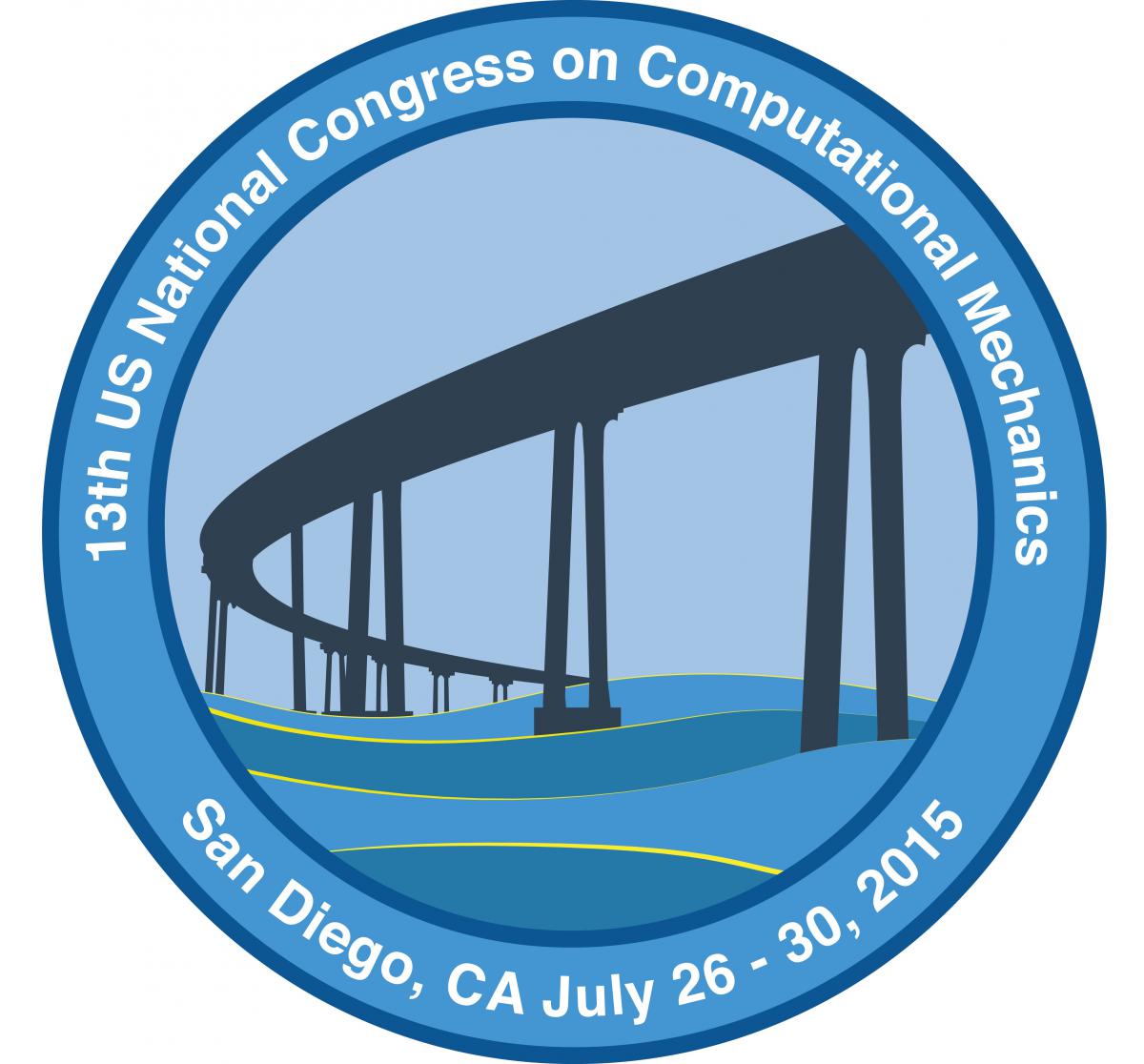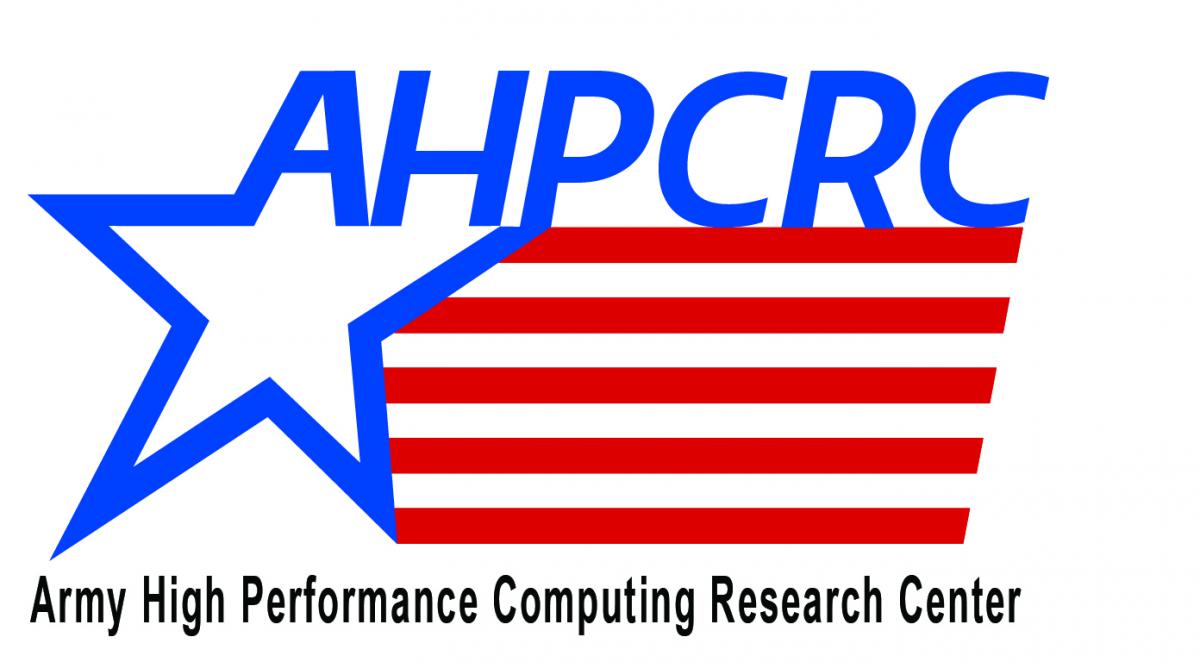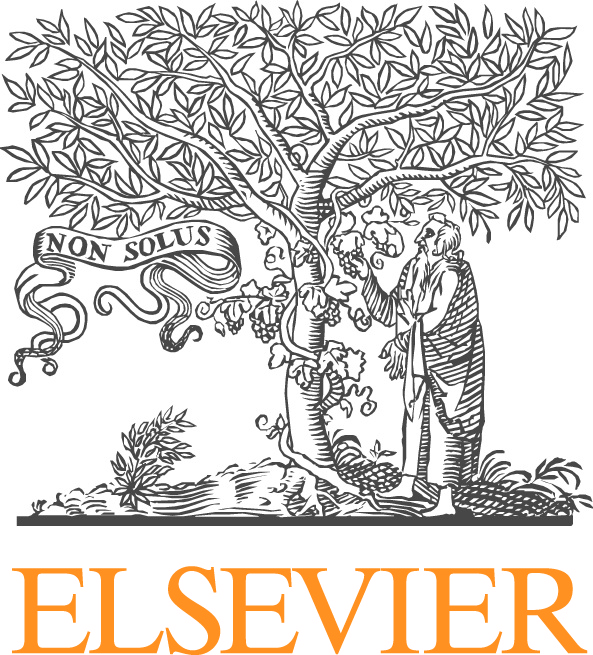Patient Specific Modeling in Cardiovascular Disease: From Computation to Clinic

Alison Marsden
Wednesday, July 29, 1:00 pm - 1:45 pm
Abstract:
Cardiovascular disease is the leading cause of death worldwide and the number one killer of both men and women in the United States. In children, congenital heart defects are the number one cause of infant deaths in the US, affecting roughly one out of every 100 births, with more than 50% of patients requiring at least one invasive surgery during their lifetime. Numerous advances in the treatment of adult and pediatric cardiovascular disease have arisen from partnerships between engineers and clinicians. Over the past decade, cardiovascular blood flow simulation has proven to be one of the most dynamic examples of this critical partnership, already having led to paradigm shifts in clinical practice. Cardiovascular simulations fill several crucial gaps in current clinical capabilities. First, while predictive simulations are now routinely used in aerospace and other engineering industries, the medical field still relies primarily on statistical outcomes data and trial and error approaches to advance surgical methods and device technologies. Simulations now offer a powerful means to predict the outcome of surgeries, systematically test and optimize new surgical approaches and devices, and to personalize treatments for individual patients. Second, and perhaps equally importantly, simulations can be used to characterize the in vivo mechanical environment, providing key hemodynamics and mechanical stimuli data that cannot be readily obtained from medical imaging. These data are a key component of the mechanobiological puzzle relating the mechanical environment to subsequent disease progression. In this talk, I will discuss recent methodological advances that have increased the fidelity and clinical utility of cardiovascular simulations. I will then present examples that illustrate the clinical impact of these tools, including (1) novel surgical approaches for treatment of children with single ventricle heart defects, and (2) patient specific simulations of vein graft failure mechanisms in coronary artery bypass graft patients. Finally, I will discuss future challenges for numerical simulation and clinical translation in pediatric and adult cardiovascular disease.
Biography:
Alison Marsden is currently an associate professor and Jacobs Faculty Fellow in the Mechanical and Aerospace Engineering Department at the University of California San Diego. She graduated with a bachelor's degree in Mechanical Engineering from Princeton University in 1998, and a PhD in Mechanical Engineering from Stanford in 2005 working with Prof. Parviz Moin. She was a postdoctoral fellow at Stanford University in Bioengineering and Pediatric Cardiology from 2005-07 working with Charles Taylor and Jeffrey Feinstein. She was the recipient of an AHA beginning grant in aid award, a Burroughs Wellcome Fund Career Award at the Scientific Interface, an NSF CAREER award, and is a member of an international Leducq Foundation Network of Excellence. She received the UCSD graduate student association faculty mentor award in 2014. She has published over 60 peer reviewed journal papers, and has received funding from the NSF, NIH, and several private foundations. Her work focuses on the development of numerical methods for simulation of cardiovascular blood flow problems, medical device design, application of optimization to large-scale fluid mechanics simulations, and use of engineering tools to impact patient care in cardiovascular surgery and congenital heart disease.





